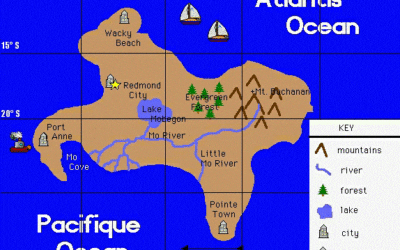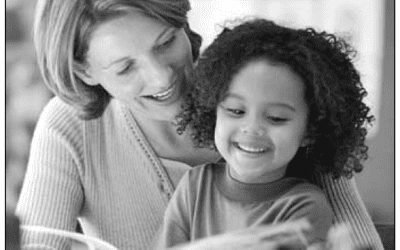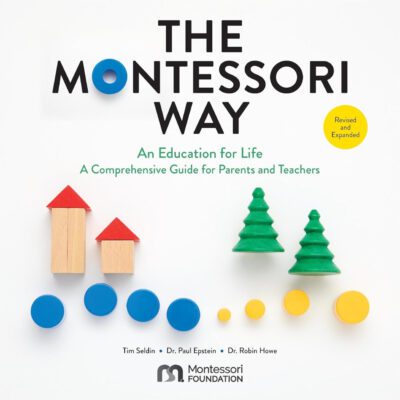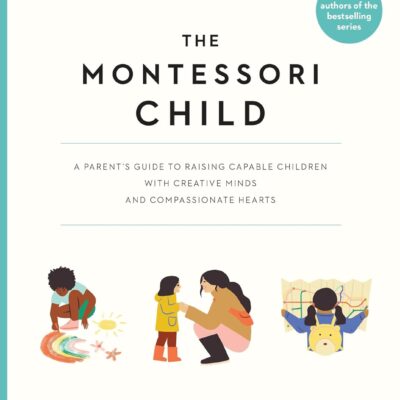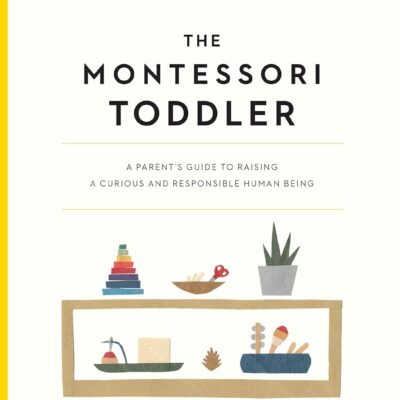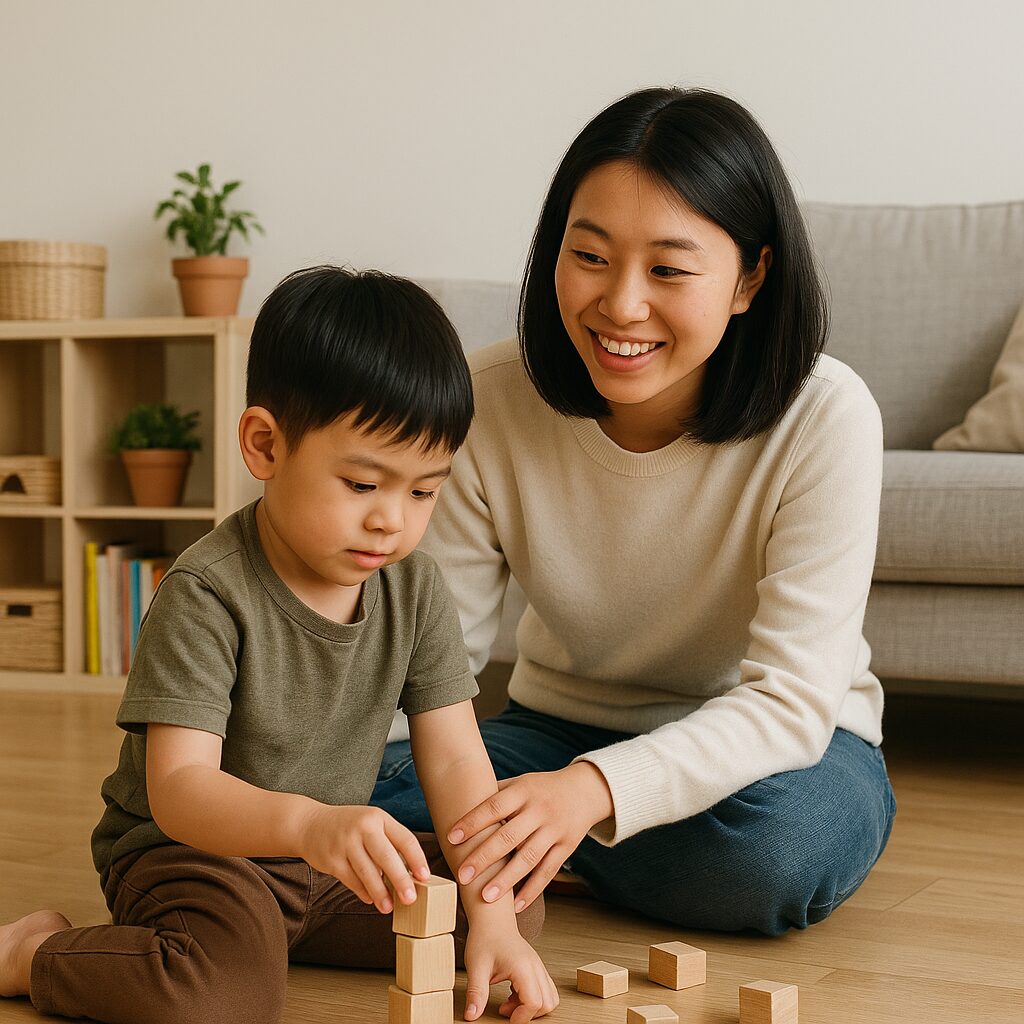
Real-life reflections for parents walking the Montessori path
Parenting small children can feel like navigating a fog. The days are long, the nights are short, and your mind is cluttered with questions you didn’t know you’d be asking: Should she be talking more? Why is he still having tantrums? Are we too strict? Too lenient? What’s normal? What’s best?
Montessori doesn’t hand you all the answers, but it does offer something just as powerful—a lens. A way of seeing. And for many overwhelmed parents, that’s exactly what they need.
When you begin to understand Montessori, you find yourself breathing a little easier. This isn’t a trendy method that requires you to throw out your furniture or memorize scripts. It’s a way of tuning into your child’s development, seeing who they really are and what they truly need—and letting go of the pressure to force growth that isn’t ready to happen.
You stop asking, “Why isn’t she reading yet?” and begin noticing how she studies letters on the cereal box, asks about the sounds in her name, and joyfully pretends to be the teacher reading a story aloud to her stuffed animals. You realize she’s absorbing everything, even when it’s not measurable on a chart.
In the early childhood years, this shift is subtle but profound. A parent might find themselves rearranging a corner of the kitchen so that their three-year-old can reach their own dishes, learning to pour water from a small pitcher, and taking part in preparing their snack. It’s not about making your home look like a classroom. It’s about inviting your child into real life in ways that feel natural and affirming for both of you.
A Montessori home doesn’t need to be minimalist or magazine-perfect. It just needs to function in a way that says to the child, “You belong here. You’re capable.” Low hooks for a coat. A little basket of socks by the door. Fewer toys, but ones that invite deep play. Predictable routines that create calm instead of chaos. These are the kinds of quiet adjustments that bring surprising peace to a household.
As the fog begins to clear, many parents find that they begin watching their children differently. Instead of correcting or rushing in, they pause. They observe. They start to notice the concentration in their toddler’s face as she buttons her sweater, or the quiet determination of their preschooler trying to sweep a spill without being asked. They begin to trust that their child is learning all the time—even in moments that look messy or slow.
There’s a relief in letting go of the race. Montessori parents often find themselves resisting the pressure to overschedule, to push early academics, or to compare. They start to protect unhurried time. They linger at the park. They choose books over apps. They spend more time in conversation and less in correction. Slowly, the parenting experience becomes less about managing behavior and more about building a relationship.
Of course, this doesn’t mean everything is smooth. There are still meltdowns. Still piles of laundry and sibling squabbles. Montessori doesn’t promise a perfect child—it just helps you see the challenges with clearer eyes. When you know that tantrums are part of healthy emotional growth, you don’t take them quite so personally. When you see that independence is built through repeated effort, you stop rushing to tie every shoe or pack every lunch.
For those who have chosen to send their child to a Montessori school, the experience deepens even further. The philosophy of the classroom begins to echo at home. Parents hear their children using phrases like “I’m working” or “Can I have a turn?” They see their child choosing to set the table, folding napkins carefully, or explaining the life cycle of a butterfly with quiet authority. And instead of wondering where this self-discipline or inner calm came from, they begin to understand that it was there all along—just waiting to be nurtured.
Montessori is not a quick fix. It’s not a method you try for a week and judge by results. It’s a path you walk slowly, thoughtfully, with as much grace for yourself as for your child. It teaches you to focus on process rather than product, and to see effort as more important than outcome. Your child may pour water and spill it a hundred times, but each time, their hands grow steadier. Their confidence grows stronger. And so does yours.
For many parents, the greatest gift of Montessori isn’t a better-behaved child. It’s the clarity that comes from knowing what matters most: connection, rhythm, trust, and presence. When you embrace this, parenting shifts from something you’re trying to survive to something you’re learning to live—moment by imperfect, beautiful moment.


